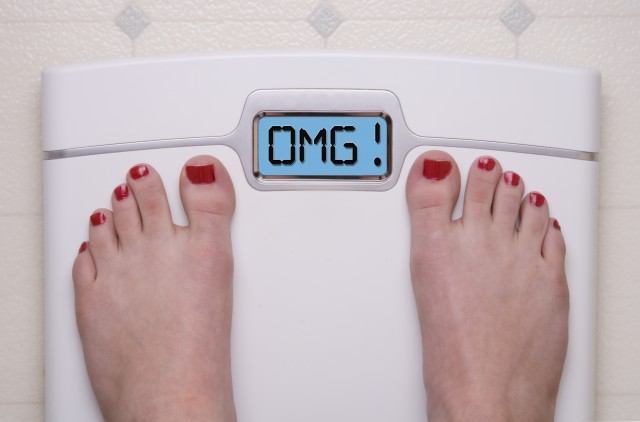Oh yes, this is it: the last few days of the holidays, meaning that after midnight Wednesday, when the New Year rings in, several tens of millions of Americans will start thinking about how to take off the pounds they started putting on back in November -- or before that.
When I googled "diet" just now, I got more results than there are people in this country. No surprise that weight loss is pretty much "everyone's No. 1 resolution," said Dr. Jennifer Slovis, who leads the weight management program at Kaiser Oakland. She joined a discussion about weight loss on KQED's Forum Monday morning.
The first thing they did on the show was dispatch the idea that fad diets can work for you long term. "We really only support evidence-based therapies," said Katie Ferraro, a registered dietitian and professor at the UC San Francisco School of Nursing. "Unfortunately, those are kind of boring: 'Eat less and exercise more' are not the sexiest messages out there."
While you should avoid fad diets, the Forum guests all agreed that individuals have flexibility in how they get to "eating less and exercising more."
"The most important thing when it comes to diet is to find a diet that works for you, that you can maintain," said Dr. John Morton, chief of bariatric surgery at Stanford. This may be limiting carbohydrates or limiting fats. But a big strategy is portion control. Portions should be about the size of your fist.
